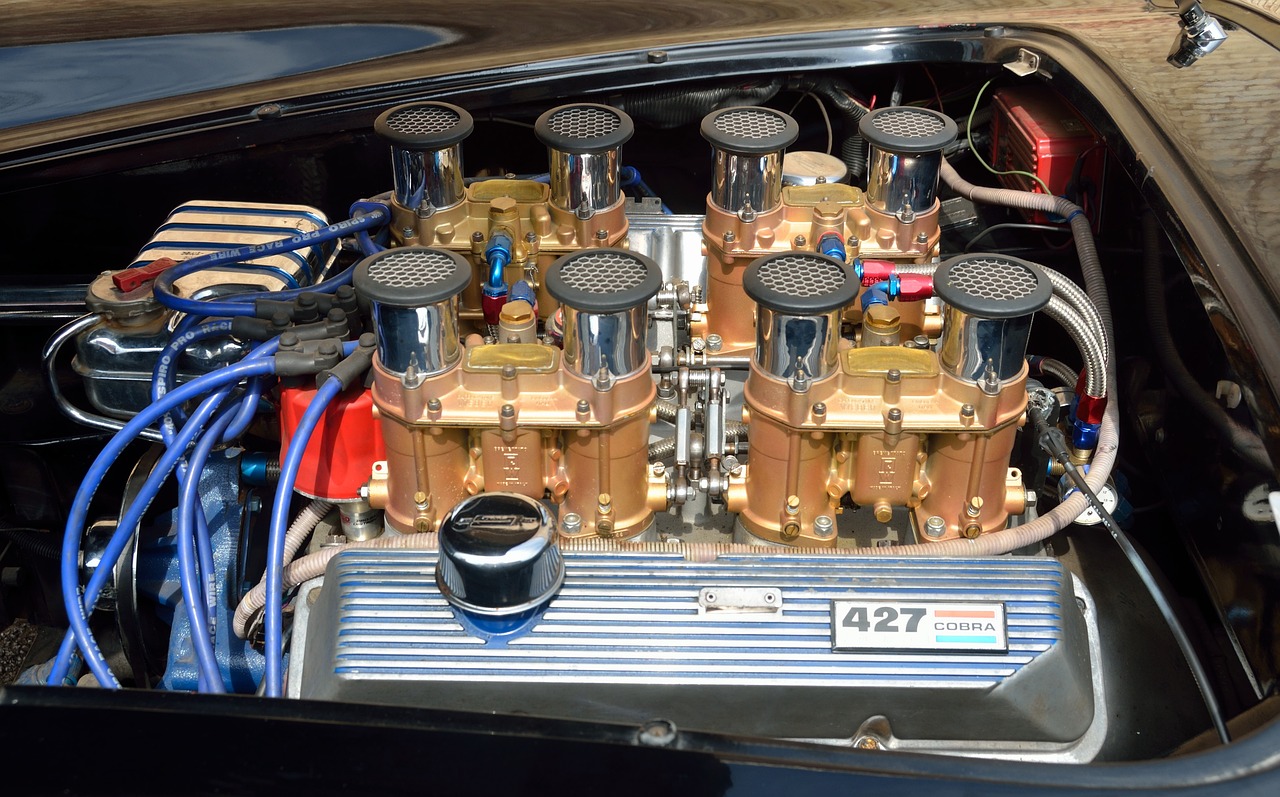Blockchain for Secure Vehicle Communication Networks
sky247.in login, 11x game login, 99exch:Blockchain technology has been creating quite a buzz in various industries for its potential to revolutionize secure and transparent transactions. One area where blockchain can make a significant impact is in vehicle communication networks.
With the rise of connected vehicles and autonomous driving technology, the need for secure and reliable communication networks has become paramount. Blockchain technology offers a decentralized and tamper-proof solution for securing data transmission between vehicles, infrastructure, and service providers.
Here are some key ways in which blockchain can enhance security in vehicle communication networks:
Data Integrity: One of the most critical aspects of secure communication networks is ensuring the integrity of data. Blockchain technology uses cryptographic algorithms to create a tamper-proof and transparent ledger of transactions. By storing data in blocks that are linked together in a chain, any unauthorized alterations can be easily detected, ensuring the integrity of the information exchanged between vehicles and other network participants.
Secure Identity Management: Blockchain technology can provide a secure and decentralized solution for managing identities within vehicle communication networks. By using cryptographic keys and digital signatures, blockchain can verify the identity of participants in real-time, reducing the risk of unauthorized access and fraudulent activities.
Immutable Data Storage: Traditional centralised databases are vulnerable to hacking and data breaches. By storing data in a decentralized blockchain network, information is distributed across multiple nodes, making it virtually impossible for hackers to alter or delete records. This immutable data storage mechanism ensures the confidentiality and authenticity of sensitive information within vehicle communication networks.
Smart Contracts: Smart contracts are self-executing contracts with the terms of the agreement directly written into code. In the context of vehicle communication networks, smart contracts can automate and validate transactions between vehicles, infrastructure, and service providers. By using blockchain technology, smart contracts can ensure the trustworthiness and transparency of these transactions, reducing the risk of fraud and disputes.
Real-Time Auditing: Blockchain technology provides real-time auditing capabilities for tracking and monitoring transactions within vehicle communication networks. By creating a transparent and auditable ledger of transactions, blockchain enables real-time visibility into the flow of information and resources between network participants. This increased transparency can enhance accountability and trust among stakeholders, ultimately leading to a more secure communication network.
Secure Software Updates: Updating software in connected vehicles is a critical process that requires a high level of security to prevent cyber attacks and ensure the reliability of the vehicle’s systems. Blockchain technology can streamline the process of software updates by providing a secure and transparent platform for distributing and verifying updates. By using blockchain-based mechanisms, manufacturers can securely validate and track software updates, reducing the risk of malicious interference or system failures.
Overall, blockchain technology has the potential to enhance the security and reliability of vehicle communication networks by providing a decentralized, tamper-proof, and transparent platform for data transmission and transactions. By leveraging the unique capabilities of blockchain, stakeholders in the automotive industry can build more resilient and secure communication networks to support the future of connected and autonomous vehicles.
FAQs:
Q: How does blockchain technology ensure the security of data in vehicle communication networks?
A: Blockchain technology uses cryptographic algorithms and a decentralized network structure to create a tamper-proof and transparent ledger of transactions. By storing data in blocks that are linked together in a chain, any unauthorized alterations can be easily detected, ensuring the integrity of the information exchanged between vehicles and other network participants.
Q: What are the benefits of using blockchain for secure vehicle communication networks?
A: Some of the key benefits of using blockchain technology in vehicle communication networks include enhanced data integrity, secure identity management, immutable data storage, automated smart contracts, real-time auditing capabilities, and secure software updates. These features contribute to a more secure, transparent, and reliable communication network for connected and autonomous vehicles.
Q: How can blockchain technology enhance the transparency and accountability of transactions in vehicle communication networks?
A: Blockchain technology creates a transparent and auditable ledger of transactions that is visible to all network participants. By providing real-time visibility into the flow of information and resources, blockchain enhances transparency and accountability among stakeholders in vehicle communication networks. This increased transparency can help prevent fraud, disputes, and unauthorized activities, ultimately fostering trust and collaboration within the network.
In conclusion, blockchain technology has the potential to revolutionize secure vehicle communication networks by providing a decentralized, tamper-proof, and transparent platform for data transmission and transactions. By leveraging the unique capabilities of blockchain, stakeholders in the automotive industry can build more secure and reliable communication networks to support the future of connected and autonomous vehicles.







